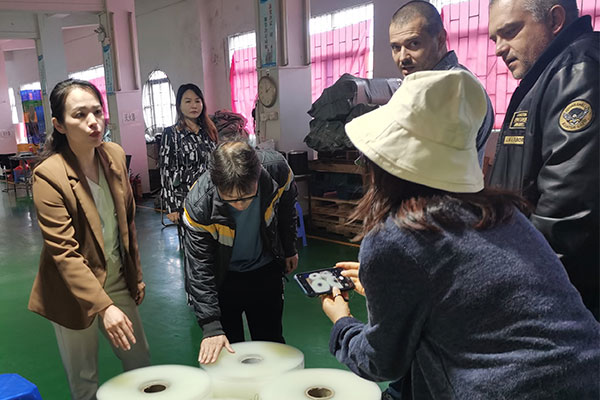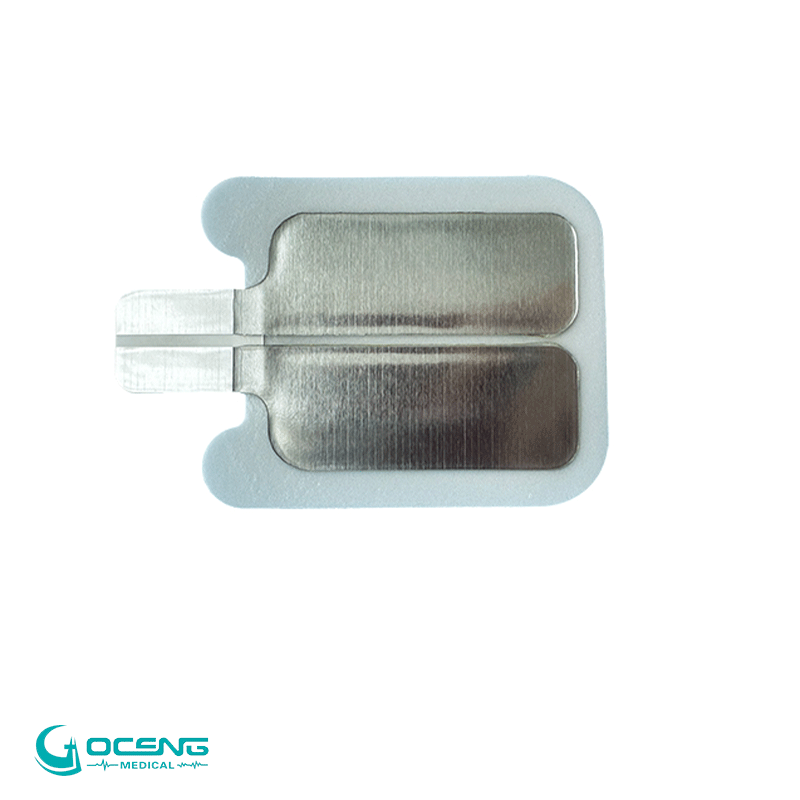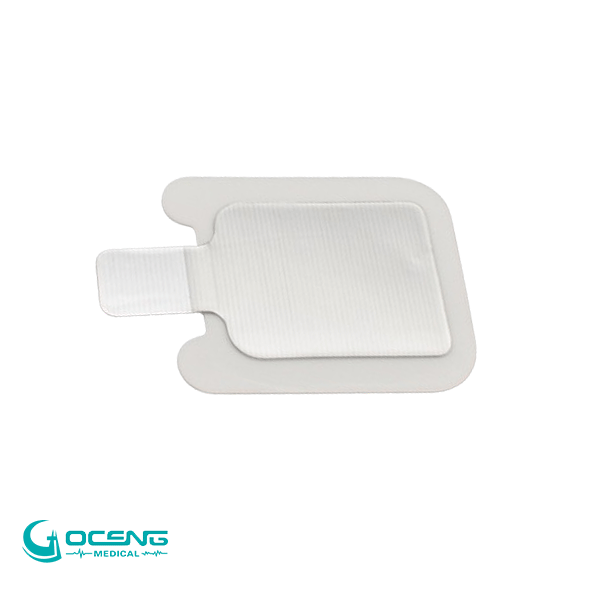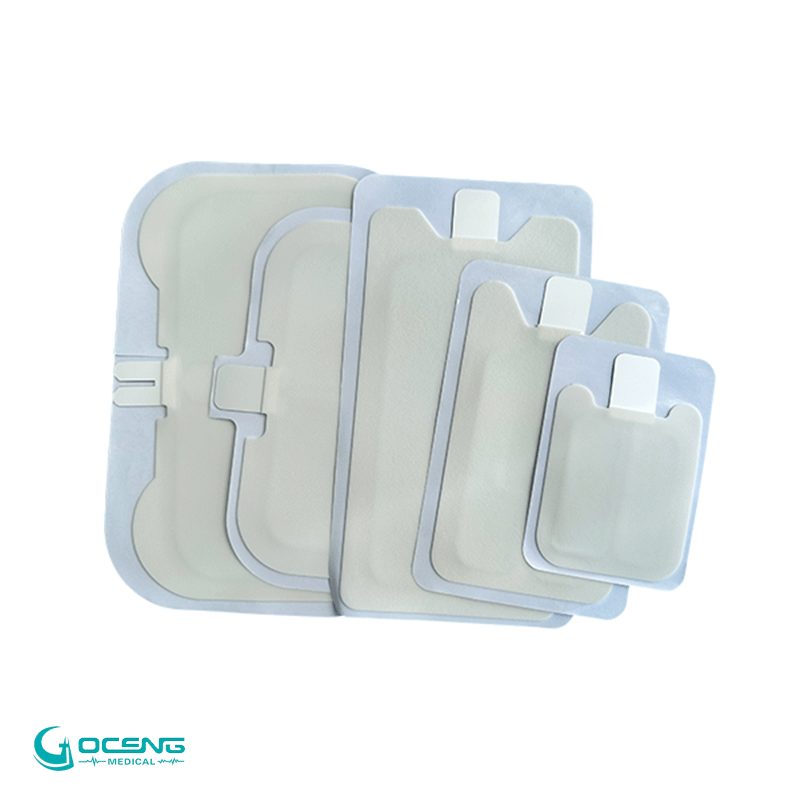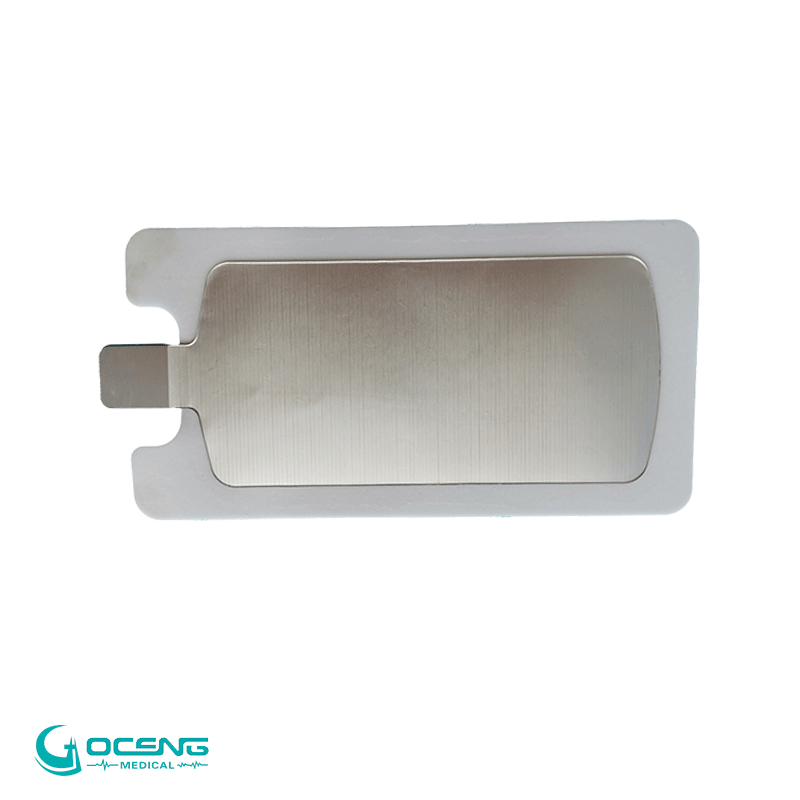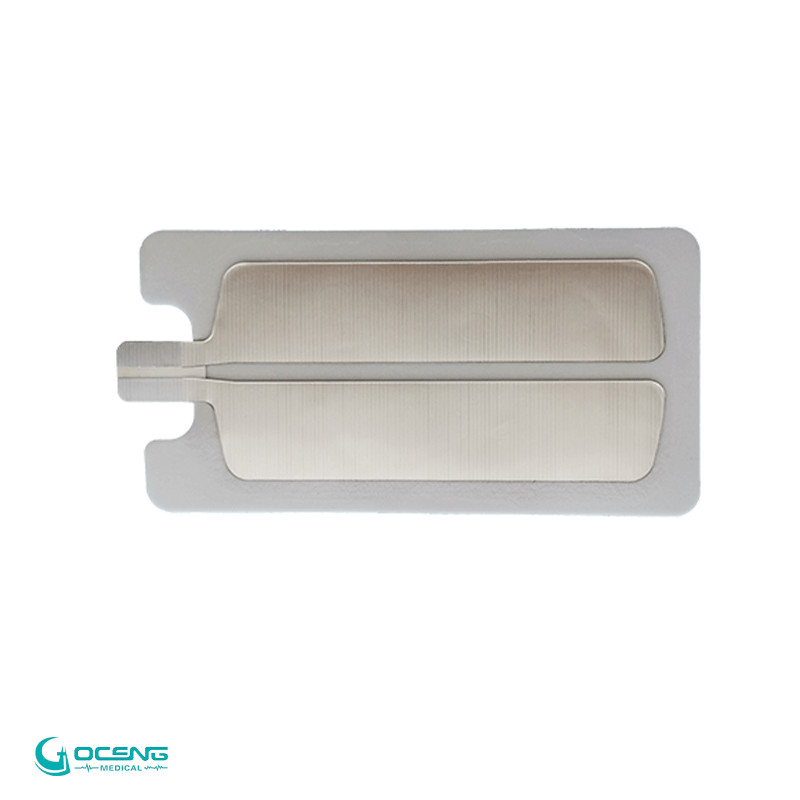It's challenging to provide an exact number of physiotherapy hydrogels because the field is continually evolving, with researchers developing new formulations and applications. Because hydrogels can vary based on their composition, intended use, and specific properties. However, hydrogels used in physiotherapy can generally be categorized based on their composition and intended function. Some common types include:
-
Synthetic Hydrogels: These are hydrogels synthesized in a laboratory setting. They can be tailored to have specific properties such as biocompatibility, mechanical strength, and degradation rate.
-
Natural Hydrogels: These are derived from natural sources such as alginate, chitosan, collagen, or hyaluronic acid. They are often biocompatible and can mimic the extracellular matrix of tissues, making them suitable for various physiotherapy applications.
-
Thermosensitive Hydrogels: These hydrogels undergo a sol-gel transition in response to temperature changes. They can be injected as a liquid at lower temperatures and form a gel at body temperature, making them useful for localized drug delivery and tissue engineering applications.
-
pH-sensitive Hydrogels: These hydrogels respond to changes in pH, swelling or shrinking in response to alterations in the local pH environment. They can be used for targeted drug delivery or as sensors to monitor pH changes in physiological systems.
-
Crosslinked Hydrogels: These hydrogels are formed by crosslinking polymer chains, either physically or chemically. Crosslinking imparts mechanical strength and stability to the hydrogel, making it suitable for load-bearing applications such as tissue engineering scaffolds or wound dressings.
-
Electroconductive Hydrogels: These hydrogels contain conductive materials such as carbon nanotubes or graphene oxide, allowing them to conduct electricity. They are being investigated for applications in neural tissue engineering and bioelectronics.
However, Goceng can assure you that there is a wide range of hydrogels utilized in physiotherapy, each with its unique characteristics and advantages. Researchers and clinicians explore various hydrogel formulations to address specific therapeutic needs, such as wound healing, tissue regeneration, drug delivery, and biomechanical support etc .
Goceng support customization the hydrogels as per customers' requiredments , now trhere are kinds of hydrogel available for choice .
Learn more at : www.gocengmed.com

